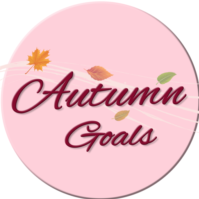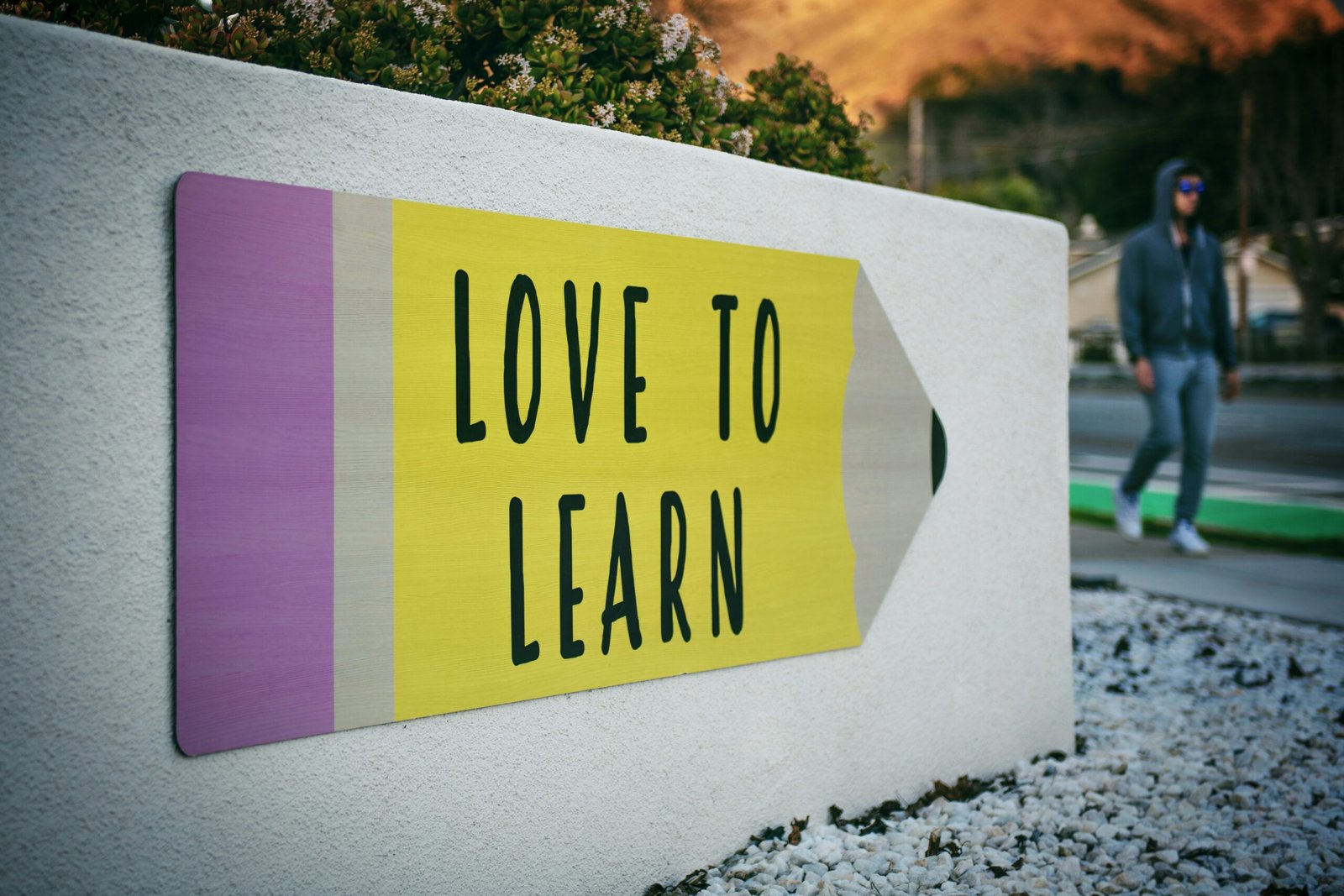Coping with Stress: Effective Techniques for Relaxation and Rejuvenation
August 21, 2024 | by autumngoals.com
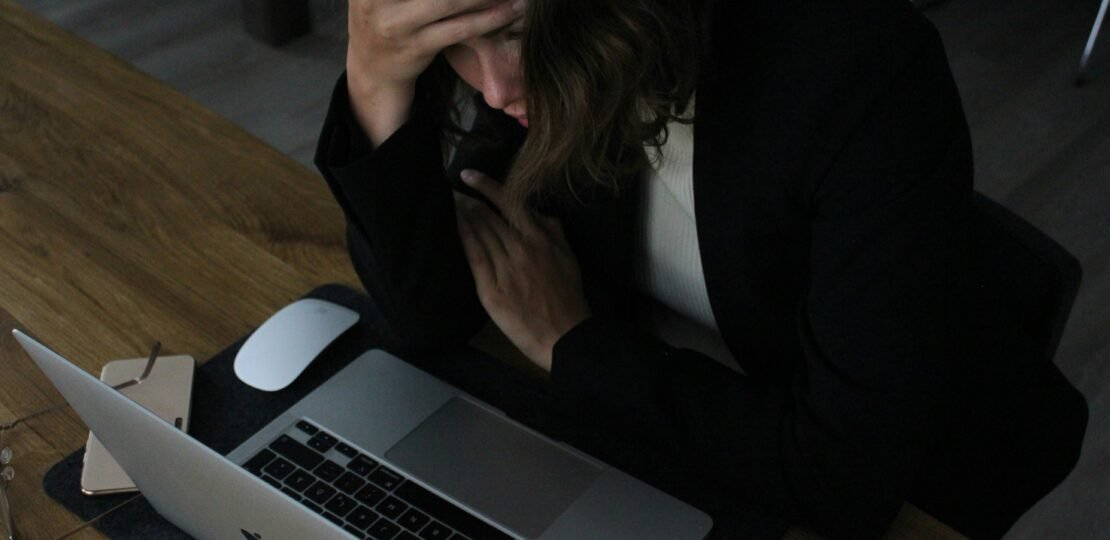
Stressed Photo by Elisa Ventur on Unsplash
Understanding Stress and Its Impact
Stress is an inevitable part of life. Whether it’s related to work, personal relationships, or health concerns, everyone experiences stress at some point. The key to maintaining well-being lies in how we cope with it. Effective stress management can significantly improve our physical and mental health, enhancing our overall quality of life.
According to the American Psychological Association, stress can negatively affect your body, thoughts, feelings, and behaviour. Chronic stress can lead to severe health issues like heart disease, depression, and anxiety. Therefore, learning how to manage and cope with stress is important for personal development and living a balanced life.
Identifying the Sources of Stress
Before diving into coping mechanisms, it’s essential to identify the sources of stress. Stressors can be categorized into two main types: external and internal.
External Stressors
External stressors are events and situations outside of your control that cause stress. Common external stressors include:
- Work-Related Stress: Deadlines, workload, and workplace conflicts can contribute to high stress levels.
- Financial Problems: Debt, expenses, and economic instability can cause significant anxiety.
- Relationship Issues: Conflicts with family, friends, or partners can lead to emotional distress.
Internal Stressors
Internal stressors are personal thoughts, feelings, and attitudes that contribute to stress. These include:
- Negative Self-Talk: Criticizing oneself can increase stress and lower self-esteem.
- Perfectionism: The constant need to meet unrealistic standards can create ongoing stress.
- Fear and Anxiety: Worrying about future events or fearing failure can exacerbate stress levels.
Effective Techniques for Coping with Stress
Once the sources of stress are identified, the next step is to implement effective coping strategies. Here are several techniques to manage and reduce stress:
1. Mindfulness and Meditation
Mindfulness and meditation are powerful tools for stress management. They involve focusing on the present moment and accepting it without judgment.
Mindfulness
Mindfulness involves being aware of your thoughts, feelings, and sensations without becoming overwhelmed by them. Regular practice can help reduce stress and improve overall well-being.
“Mindfulness is a way of befriending ourselves and our experience.” – Jon Kabat-Zinn, creator of the Stress Reduction Clinic and the Center for Mindfulness in Medicine.
Meditation
Meditation techniques, such as deep breathing and guided imagery, can help calm the mind and reduce stress. Setting aside a few minutes each day for meditation can make a significant difference.
Personal note – I have recognized that when I am stressed, I tend to hold my breath, which is really counter-productive. Breathing through my moments of stress can help to calm me down and also allows clarity of thinking to return. Remind yourself to “Breathe…”.
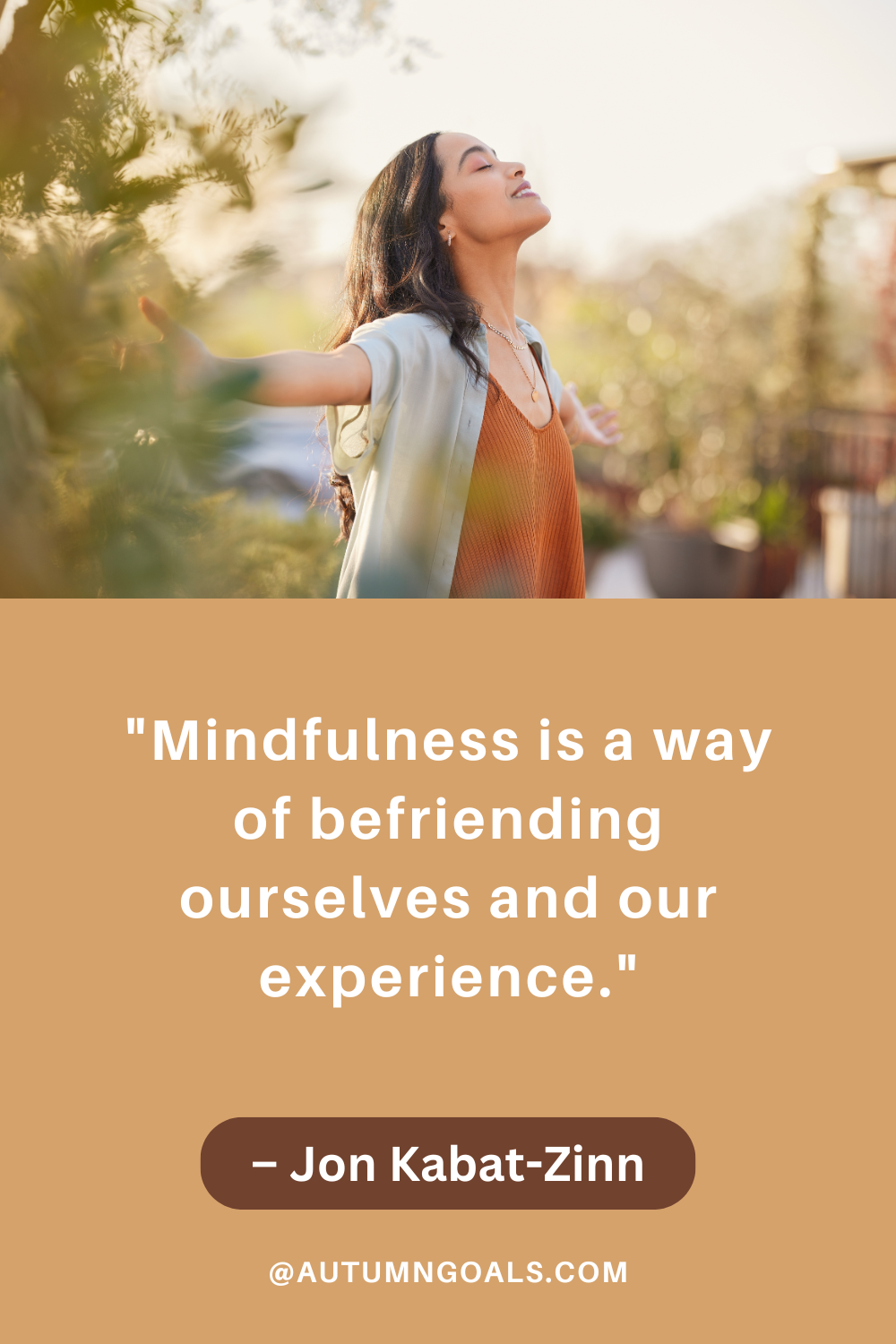
2. Physical Exercise
Exercise is a natural stress reliever. Physical activity helps release endorphins, which are chemicals in the brain that act as natural painkillers and mood elevators.
Aerobic Exercise
Activities like walking, running, swimming, and cycling can reduce stress and improve cardiovascular health. Just take a walk, feel the sun and breathe in the fresh air – it can make such a difference!
Yoga
Yoga combines physical postures, breathing exercises, and meditation to reduce stress and promote relaxation.
“Yoga teaches us to cure what need not be endured and endure what cannot be cured.” – B.K.S. Iyengar, founder of Iyengar Yoga.
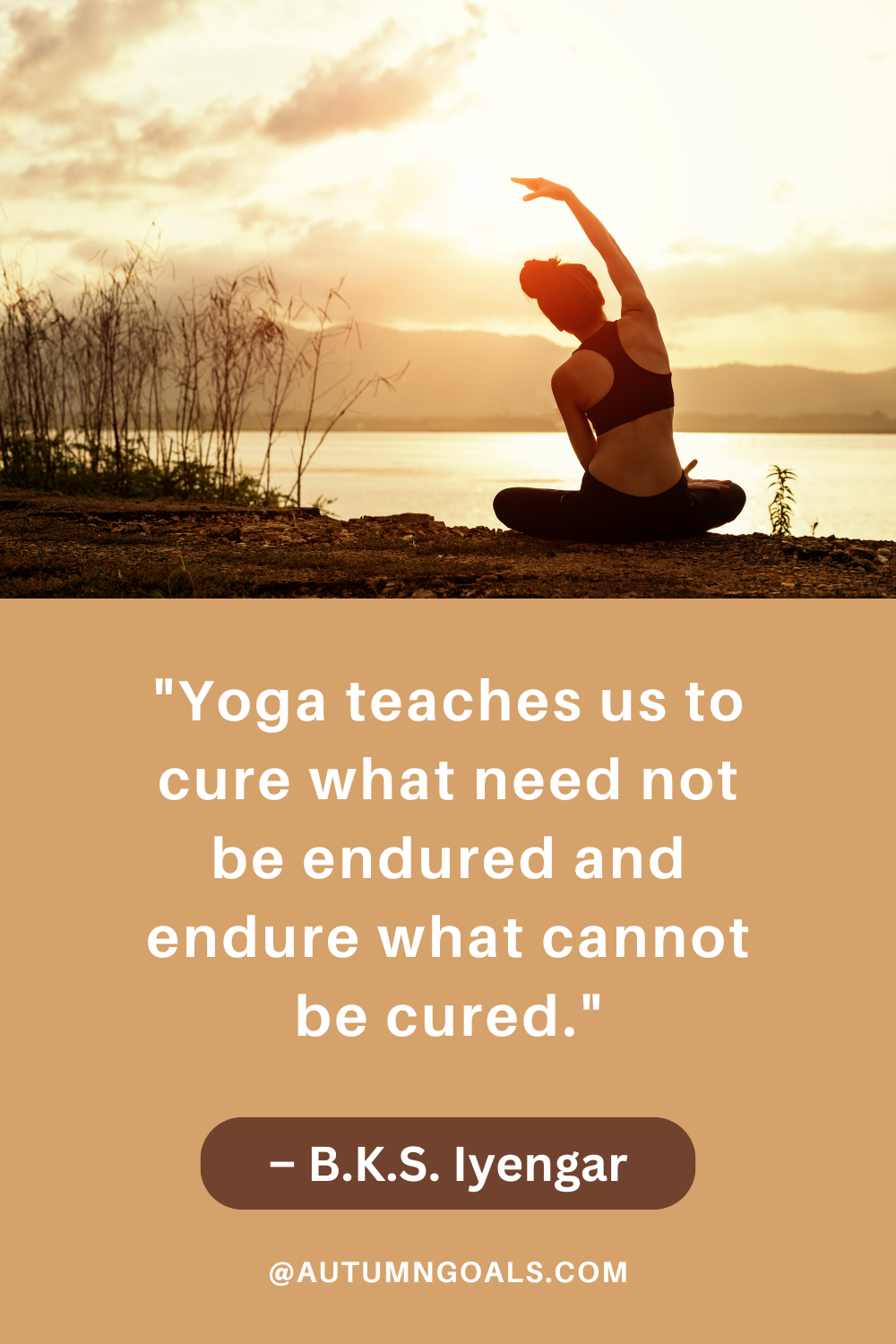
3. Healthy Lifestyle Choices
Making healthy lifestyle choices can significantly impact stress levels. This includes:
Balanced Diet
Eating a balanced diet rich in fruits, vegetables, lean proteins, and whole grains can boost your immune system and help your body cope with stress. This should be a practice of mindful eating as well – so that you eat and drink what is good for your body.
Adequate Sleep
Lack of sleep can exacerbate stress. Aim for 7-9 hours of quality sleep each night to help your body recover and manage stress better. I am sure that we have all experienced times when we have insufficient sleep and then the next day, we have low energy and fuzzy thinking. This affects me a lot.
4. Time Management
Effective time management can help reduce stress by ensuring that you have enough time for relaxation and self-care.
Prioritizing Tasks
Identify and prioritize tasks based on their importance and deadlines. This can help you focus on what needs to be done without feeling overwhelmed. If you are clear about what is the most important task to get done that day – and focussing on that task first thing that day – will allow you to feel that you have accomplished what you needed to do.
Setting Boundaries
Learn to say no to tasks and commitments that add unnecessary stress. Setting boundaries is crucial for maintaining a healthy work-life balance. Being clear about what your goals are and prioritizing these – will allow you to be able to say no to tasks that do not serve your greater purpose.
5. Social Support
Having a strong support system can help you cope with stress more effectively. Surround yourself with positive and supportive people who can offer assistance and encouragement.
Family and Friends
Spend quality time with loved ones. Sharing your feelings and concerns with someone you trust can provide emotional relief. Sometimes just a short chat with a loved one can help you feel more positive.
Professional Help
Seeking help from a mental health professional, such as a counselor or therapist, can provide valuable strategies for managing stress. It’s not a weakness to get help – it shows that you care taking care of yourself and your mind!
“It’s not the load that breaks you down, it’s the way you carry it.” – Lou Holtz, former American football player, coach, and analyst.
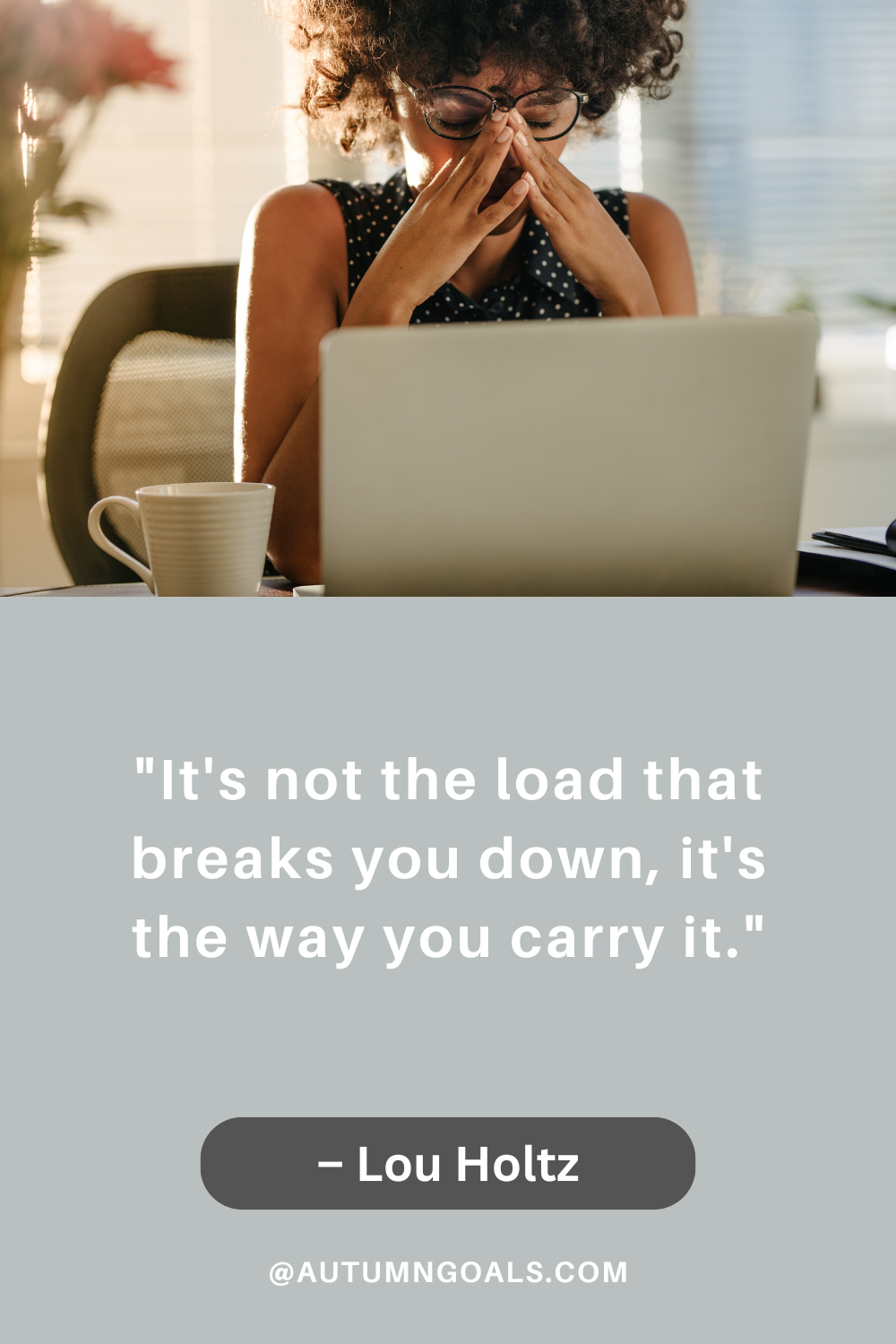
6. Hobbies and Recreational Activities
Engaging in hobbies and recreational activities can provide a much-needed break from daily stressors.
Creative Outlets
Pursuing creative activities like painting, writing, or playing an instrument can help you relax and express your emotions. I have discovered that I really love to do fluid art and while I have never really felt particularly artistic – this is something that is really awesome!
Nature and Outdoors
Spending time in nature can reduce stress and improve your mood. Activities like hiking, gardening, or simply walking in a park can have therapeutic effects. I believe that “breathing different air” can really rejuvenate your spirits, particularly if you walk with a friend so you can chat with each other.
7. Cognitive Behavioural Techniques
Cognitive Behavioural Therapy (CBT) is a well-researched approach that helps individuals change negative thought patterns and behaviours.
Reframing Negative Thoughts
Challenge and reframe negative thoughts to reduce their impact on your stress levels. For example, instead of thinking, “I can’t handle this,” reframe it to, “I will do the best I can.” Start by recognising that negative thought and stop it in its tracks – because it is not the truth!
Problem-Solving Skills
Developing problem-solving skills can help you address stressors more effectively. Break down problems into smaller, manageable steps and tackle them one at a time. I am a project manager in my day job – so luckily this comes easier to me…
The Importance of Relaxation and Rejuvenation
Relaxation is not just about managing stress; it’s also about rejuvenating your mind and body. Here are some techniques to help you relax and rejuvenate:
1. Deep Breathing Exercises
Deep breathing exercises can activate the body’s relaxation response, reducing stress and promoting a sense of calm.
2. Progressive Muscle Relaxation
This technique involves tensing and then slowly relaxing each muscle group in your body. It can help release physical tension and reduce stress.
3. Aromatherapy
Using essential oils like lavender, chamomile, and peppermint can promote relaxation and reduce stress.
4. Listening to Music
Listening to soothing music can help lower stress levels and improve mood. Create a playlist of your favorite relaxing tunes and enjoy a peaceful moment. Or even put on some happy music while you do your household chores – this certainly helps me!
5. Taking Breaks
Regular breaks throughout the day can help prevent burnout. Use these breaks to stretch, take a walk, or simply breathe deeply and relax. This definitely helps – particularly if you work at a desk all day.
Embracing Stress Management for Personal Development
Coping with stress is an ongoing process that requires self-awareness and proactive strategies. By identifying the sources of stress and implementing effective coping techniques, you can significantly improve your overall well-being.
Remember, managing stress is not about eliminating it completely but about finding healthy ways to deal with it. Incorporating mindfulness, physical exercise, healthy lifestyle choices, time management, social support, hobbies, and cognitive behavioural techniques into your daily routine can make a profound difference.
As you embark on this journey towards self-improvement and personal development, prioritize relaxation and rejuvenation. Embrace these strategies, and you will find yourself better equipped to handle life’s challenges with resilience and grace, and lead a more balanced, fulfilling, and stress-free life.
“Stress is caused by being ‘here’ but wanting to be ‘there.’” – Eckhart Tolle, author of “The Power of Now.”
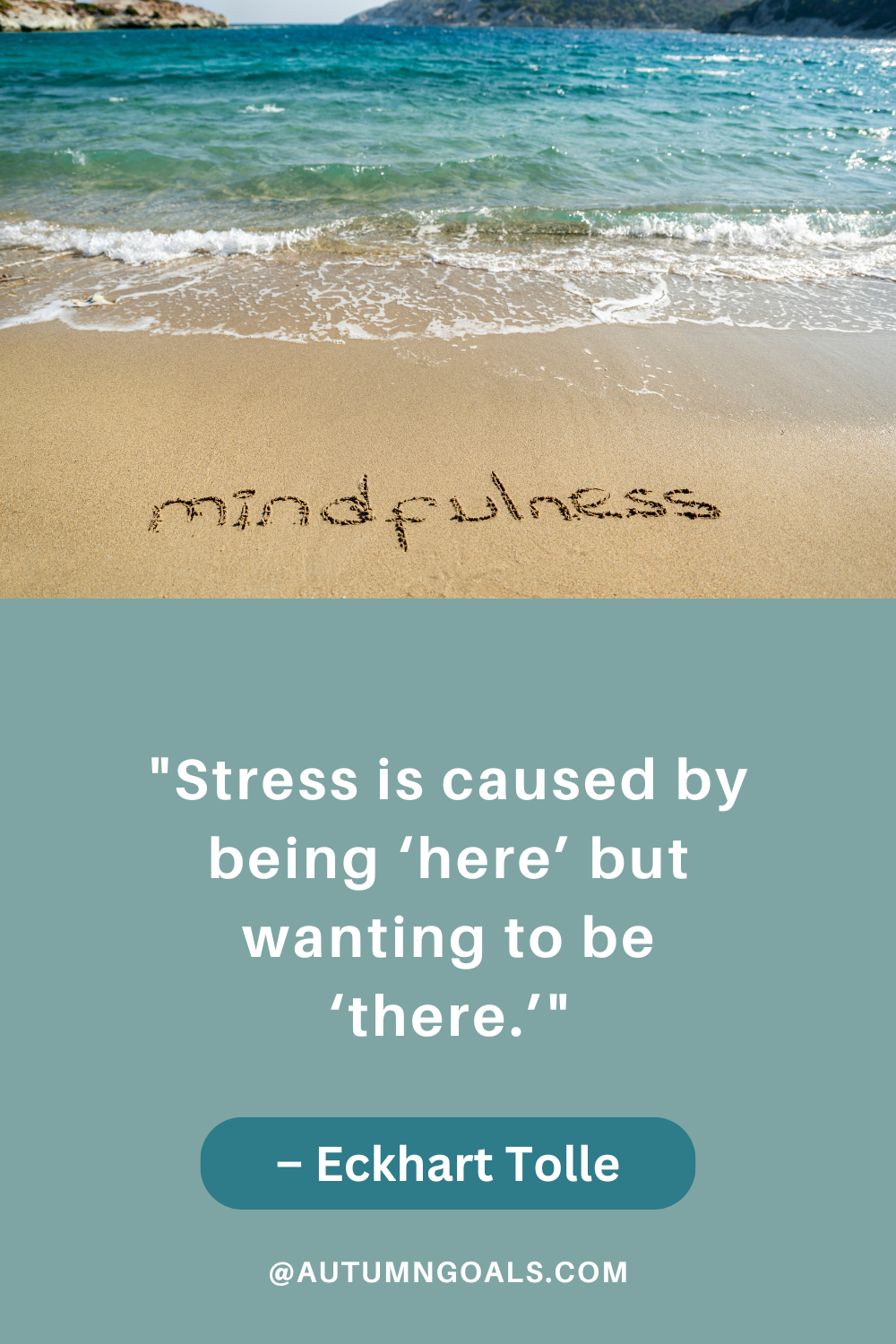
RELATED POSTS
View all
